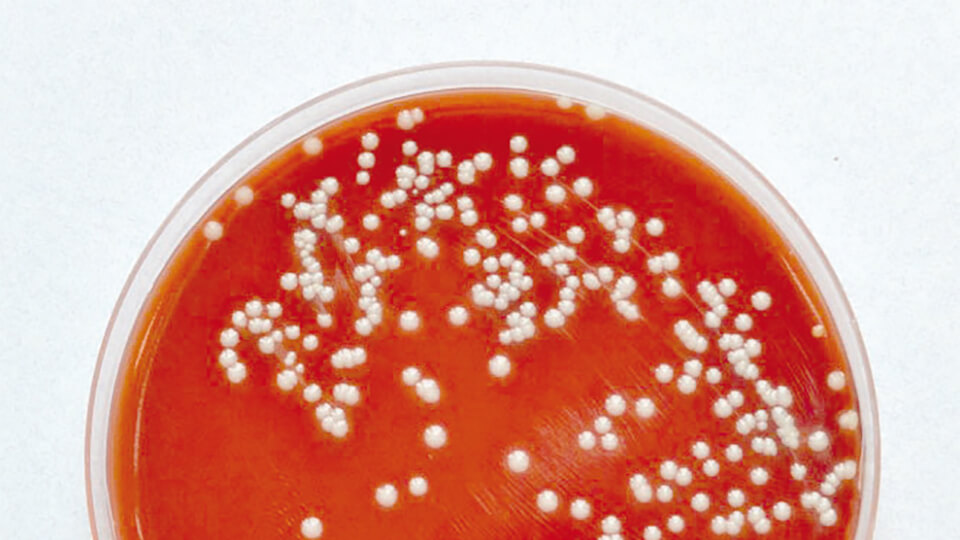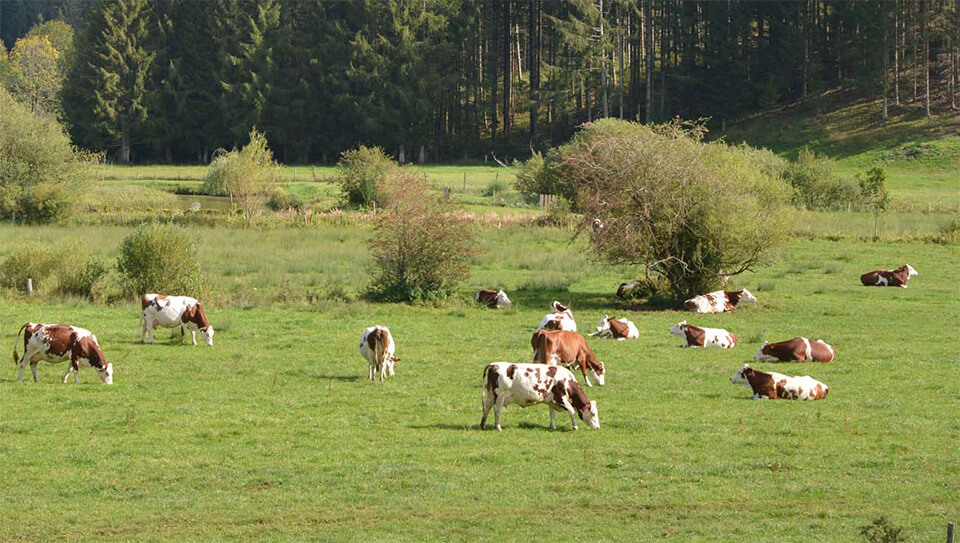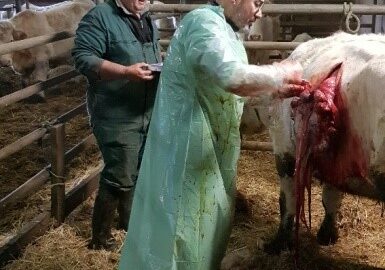Vaccinating calves in the face of maternal immunity

Auteurs
Résumé
Historically veterinarians were taught that young calves with maternal antibodies could not be effectively vaccinated because maternal antibodies would prevent the development of an immune response to vaccination. However, research has demonstrated that calves can in fact have a useful immune response to vaccines given in the face of maternal antibodies. Vaccination of calves with maternal antibodies has been shown to prime them for an anamnestic (memory) response when the calves are boosted later in life; to slow the decline of serum antibodies over the first months of life; and to improve resistance to experimental challenge with viruses or bacteria that cause respiratory disease. However, research indicates that the protection provided by vaccination of young calves with maternal antibodies may not last longer than approximately 3 months. A second (boosting) dose of vaccine given one to two months after the first (priming) dose appears to be particularly important for improving immunity in calves vaccinated in the face of maternal antibodies. Intranasal vaccination may be more effective than parenteral (injected) vaccination for calves vaccinated within the first 14 days of life, but more research is needed to confirm this. Recently an experimental bovine respiratory syncytial virus vaccine given by injection to calves within the first 14 days of life showed good protection against experimental infection when tested by European researchers. Although experimental challenge studies have repeatedly shown benefits of vaccinating young calves in the face of maternal antibodies, relatively few field trials have tested the effects of vaccinating young calves to protect them from naturally occurring disease on the farm. Moreover, some trials that have tested the effects of vaccinating calves on the farm have not demonstrated a benefit. Failure of vaccination to protect calves in the natural setting could be due to multiple different factors, including the possibility that disease is caused by viruses or bacteria not included in the vaccine. More research is needed to confirm whether the benefits of vaccination demonstrated in experimental challenge studies can also be realized in the field, and to identify the factors that are important for successful vaccination of calves with maternal antibodies.
D'autres articles
Découvrez aussi nos formations
15 décembre 2025
5 jours
Bovin laitier · Bovin viande · Bovins


